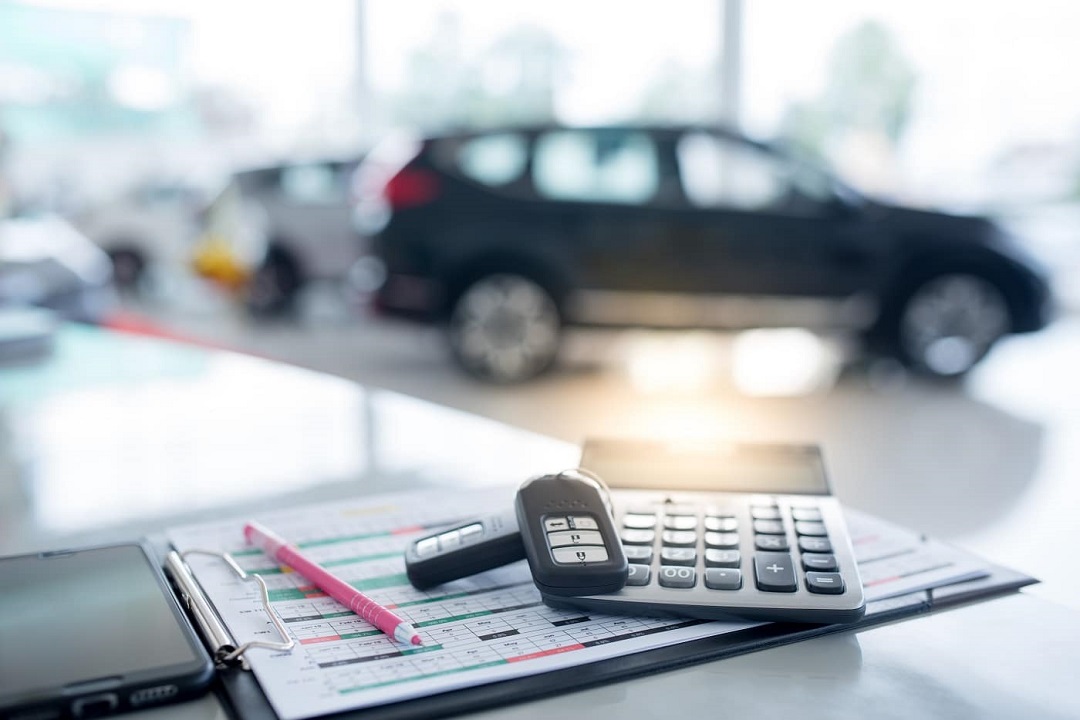If you're considering purchasing a new vehicle, trading in your current one can be an excellent way to offset the cost and simplify the process. However, the traditional method of trading in your car at a dealership might not always be the most advantageous option. Dealers often aim to maximize their profit, which means you might not get the best value for your trade-in. In this blog post, we will explore some better ways to trade in your vehicle, helping you get the most value out of your old car and make a more informed decision.
1. Research the Value of Your Vehicle:
Before you start negotiating with dealerships, it's crucial to research the current market value of your vehicle. Various online tools and resources, such as Kelley Blue Book and Edmunds, can provide you with an estimated value based on your car's make, model, year, condition, and mileage. Armed with this information, you'll have a better understanding of what your car is worth and can negotiate more effectively with potential buyers.
2. Sell Your Car Privately:
Selling your car privately is often one of the best ways to get the highest value for your vehicle. By cutting out the middleman (the dealership), you can set your price based on the research you've done and negotiate directly with interested buyers. Use online marketplaces like Autotrader, Craigslist, or Facebook Marketplace to reach a larger audience and increase your chances of finding the right buyer.
However, selling your car privately requires more effort and time compared to trading it in at a dealership. You'll need to handle inquiries, potential test drives, and paperwork. Make sure to prepare your car for sale by getting it detailed and fixing any minor issues to present it in the best possible condition.

3. Use Car Buying Companies:
Car buying companies have emerged as a convenient alternative to traditional dealerships and private sales. These companies specialize in purchasing used vehicles from individuals, offering a quick and straightforward process. Some well-known examples include CarMax and Carvana.
When using a car buying company, you can get an online quote for your vehicle by providing relevant information about its condition and history. If you're satisfied with the offer, you can schedule an appointment for an in-person evaluation. Car buying companies often provide competitive offers, and the process is generally more transparent compared to dealership trade-ins.
4. Negotiate the Trade-In Price Separately:
If you prefer to purchase your new vehicle from a dealership but still want to get the best value for your trade-in, consider negotiating the trade-in price separately from the new car purchase. Dealerships may try to bundle the trade-in value with the new car's price, making it challenging to decipher how much you're getting for each. By negotiating the trade-in as a separate transaction, you have more control over the process and can ensure you receive a fair value for your old car.
5. Timing Matters:
Timing can play a significant role in getting a better deal when trading in your vehicle. It's essential to be aware of seasonal trends and economic factors that can influence the demand for used cars. For instance, the demand for convertibles might be higher in the spring and summer, while four-wheel-drive vehicles might be more desirable in the winter.
Additionally, consider the timing of your new car purchase. Dealerships often offer promotions and incentives at specific times of the year or during holiday sales events. Taking advantage of these opportunities can help you secure a better deal on both your trade-in and the new vehicle.
6. Repair Minor Issues:
Addressing minor issues with your vehicle before trading it in can significantly impact its value. While major repairs might not be cost-effective, fixing minor problems like scratches, dents, or replacing worn tires can make your car more appealing to potential buyers. Presenting a well-maintained vehicle can increase its perceived value and make it easier to negotiate a higher trade-in price.

7. Get Multiple Offers:
Just like when selling a house, it's a good idea to get multiple offers when trading in your car. Reach out to different dealerships, car buying companies, or even private buyers to get quotes for your vehicle. Having multiple offers allows you to compare and choose the one that offers the best value. Remember that negotiation is always an option, and you don't have to settle for the first offer you receive.
8. Consider Tax Implications:
In some regions, trading in your vehicle can have tax advantages. In many cases, the trade-in value is deducted from the purchase price of the new vehicle, which can lower the amount subject to sales tax. Understanding the tax implications of your trade-in can help you make a more informed decision about the overall cost of upgrading to a new car.
Conclusion:
Trading in your vehicle can be a convenient way to upgrade to a new car while offsetting the cost. However, it's essential to explore better ways to trade in your vehicle to ensure you get the best value possible. Whether you choose to sell your car privately, use a car buying company, or negotiate the trade-in separately from the new car purchase, taking the time to research, prepare, and explore multiple options will ultimately lead to a more successful trade-in experience. Remember, your old car still holds value, so make sure you're getting the most out of it when stepping into a new one.
